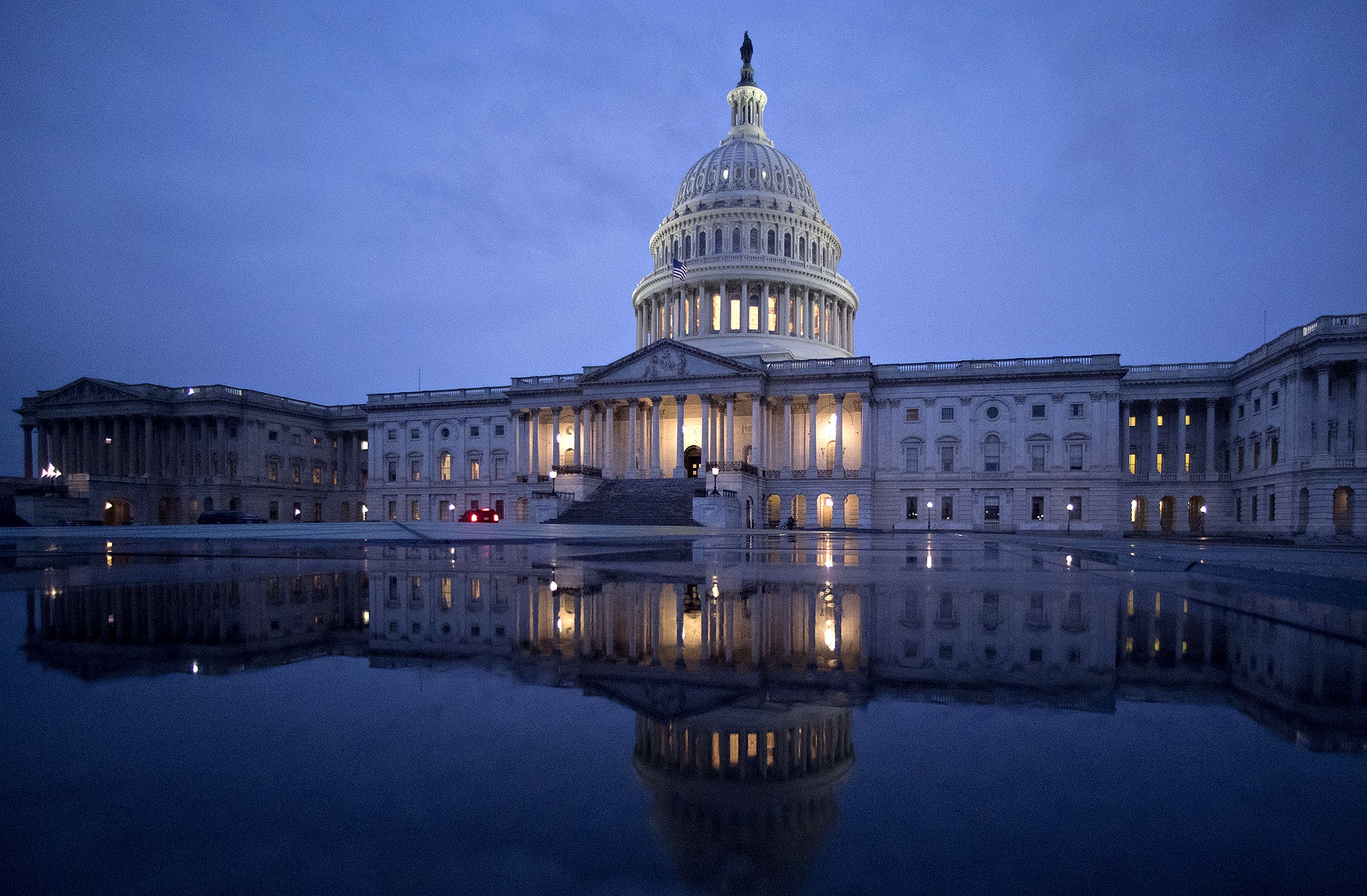How the Republican Megabill Will Shield Polluters from Accountability
Under these proposals, American people pay the price while corporate polluters evade accountability.
A core principle of democracy is that everyone has a say. A government “of the people, by the people, for the people” should at minimum consult with the public before making decisions that will affect people’s lives — and there should be an opportunity for citizens to hold federal agencies accountable for their actions. In fact, a bipartisan Congress enshrined this principle into law when it passed the National Environmental Policy Act (NEPA) in 1969 requiring the government to evaluate and disclose impacts of major federal projects on communities before approval.
Alarmingly, a sweeping House bill that some regard as the worst environmental bill in history seeks to undermine this key premise, by elevating polluters above the law with provisions that give corporations — and sympathetic presidential administrations — more power than ever before, at Americans’ expense.
Pay to Pollute
The first is one that watchdogs have dubbed “pay to pollute.”
Let’s imagine a rural household living adjacent to federal lands. One day, a mining company discovers a coal deposit on the lot next door and applies for a federal permit to start mining for coal there. To extract the coal, the company will have to use dynamite to blast through rock, and there’s a good chance that runoff from its mine will poison the same aquifer that feeds the household’s well.
Under the current system, a review process set out under NEPA requires the federal government to not only review and disclose potential impacts on communities, but also seek the input of those affected, and meaningfully consider their voices before reaching a decision. The goal of this review, as laid out by Congress in NEPA, is for the federal government to use all practicable means to assure for all Americans a safe and healthy environment.
But under the new system proposed in the bill, the mine developer can simply pay a fee to fast track reviews, potentially ignoring public input and the possible economic, health, and environmental impacts. Once this lightning-fast permit has been delivered, the decision will be shielded from lawsuits. This means the rural household’s right to say “no” is gone. Their freedom to challenge a company that will put their health at risk has been taken away — all because the mining company bought immunity. Goodbye democracy, and hello piles of bottled water, coal dust, and hospital bills.
The proposal to rewrite the rules in this way is found in Section 80151 of the House’s proposed budget bill, titled “Project Sponsor Opt-In Fees for Environmental Reviews.” The text of the bill amends NEPA to allow project sponsors to pay a fee covering 125% of the cost of conducting an environmental impact statement or environmental assessment, enabling them to gloss over environmental review and evade judicial scrutiny. In a letter sent to Congress from 88 organizations working on behalf of the public interest, advocates warned: “The proposal would ensure that projects move forward regardless of how egregiously they break the law or how harmful the health, economic, or environmental impacts of a project are to a community, Tribe, or imperiled wildlife. No matter how serious the violation, there would be no recourse.”
LNG companies get a windfall, households get higher energy bills
However, that is not the only provision providing industry a pass to pollute. A separate provision in this bill invents a new legal fast lane for companies who sell Liquefied Natural Gas (LNG) to overseas customers. This rewrite of federal law would allow fossil fuel companies to pay $1 million to the federal government to have their exports automatically deemed to be “in the public interest.” This designation would allow corporate polluters to pay their way out of complying with the environmental laws that were put in place to protect public health, by skipping environmental review and winning guaranteed project approval.
So far, there are eight operating LNG export facilities and 30 more proposed or under construction. A full buildout of all these facilities combined would result in the greenhouse-gas equivalent of 814 million gasoline-powered vehicles. Nothing says “in the public interest” like being locked into a staggering climate impact by a product that isn’t even benefitting U.S. consumers — and will even make people’s energy bills higher.
According to a letter from advocacy groups, even the Department of Energy (DOE) has admitted that LNG exports will raise energy bills for American households. “DOE found that additional LNG exports would increase domestic wholesale natural gas prices by more than 30%, raising consumer prices as a result,” they write. “These cost increases already disproportionately burden people of color and low-income or otherwise disadvantaged communities and households.”
Take action to tell Congress to vote NO on this budget bill.
Established in 1989, Earthjustice's Policy & Legislation team works with champions in Congress to craft legislation that supports and extends our legal gains.
Geoffrey Nolan
Public Affairs and Communications Officer, Earthjustice
gnolan@earthjustice.org
